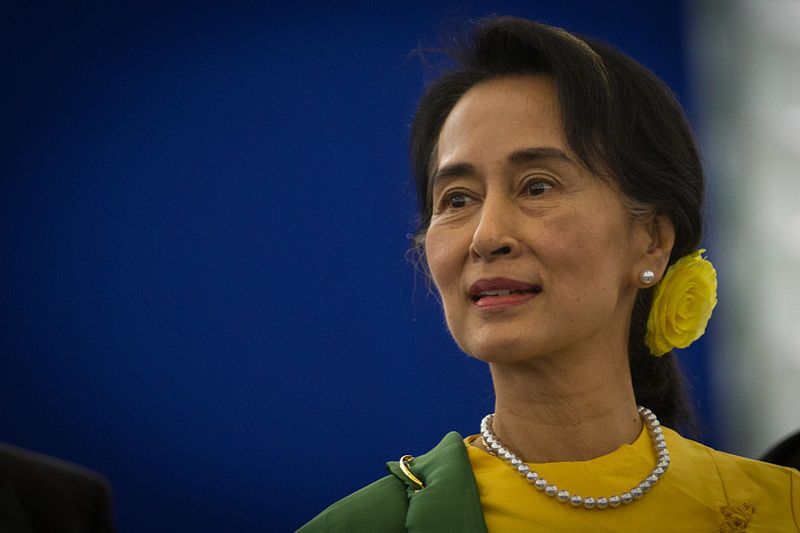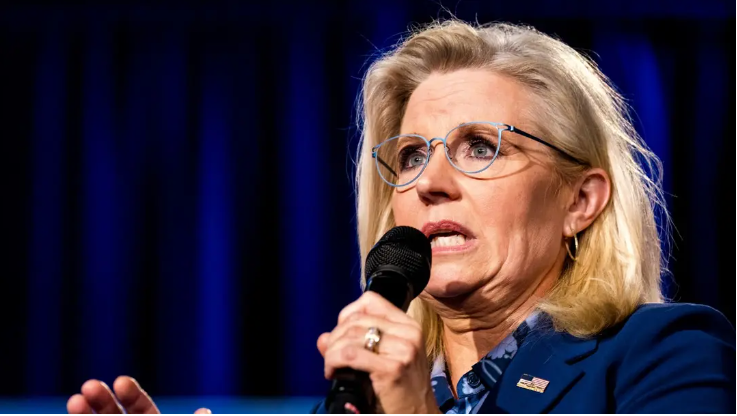Myanmar: Aung San Suu Kyi Pardoned on Some Charges
Myanmar's former leader, Aung San Suu Kyi, has been pardoned for five of her 19 charges by the state's military as part of an amnesty granted to over 7K prisoners to mark Buddhist Lent.

Facts
- Myanmar's former leader, Aung San Suu Kyi, has been pardoned for five of her 19 charges by the state's military as part of an amnesty granted to over 7K prisoners to mark Buddhist Lent.1
- Suu Kyi's 33-year jail sentence will now be reduced by 6 years. The 78-year old has been detained by Myanmar's military since she was removed during a coup in February 2021.2
- State media has confirmed that the Nobel Laureate will remain under house arrest, where she was moved to a week ago in the capital of Naypyitaw. Suu Kyi has consistently denied all charges, centered around accusations of election fraud.3
- The cases Suu Kyi has been granted clemency for include violating COVID restrictions, illegally importing and possessing walkie-talkies, as well as sedition. Suu Kyi was first placed under house arrest in 1989 following protests against military rule in Myanmar.4
- Former president Win Myint, arrested at the same time as Suu Kyi, was also pardoned by the military junta and will now face eight years in prison for six cases rather than twelve years for eight charges.5
Sources: 1Al Jazeera, 2BBC News, 3Reuters, 4Sky News, and 5Independent.
Narratives
- Narrative A, as provided by Mizzima. This is a merely cosmetic move. Suu Kyi continues to be used as a pawn at a time when the junta looks to consolidate and protect its illegitimate form of governance. The junta has continued to underestimate the support of democracy in Myanmar, and the people will not rest until the draconian era of military rule is ended.
- Narrative B, as provided by Bangkok Post. While recent news surrounding Suu Kyi is a sign of hope, the reality is that Myanmar is currently headed toward a full-blown civil war. Countries such as the US continue to fund resistance forces — increasing the chances of widespread violence which will only impede the possibility of bloodshed being ended. Neighboring countries such as Thailand, India, Bangladesh, and China alongside the UN must do more to help broker peace in Myanmar, rather than allow the US to fund a proxy war which will only do harm to more civilians.






